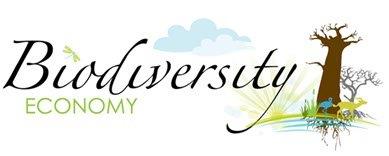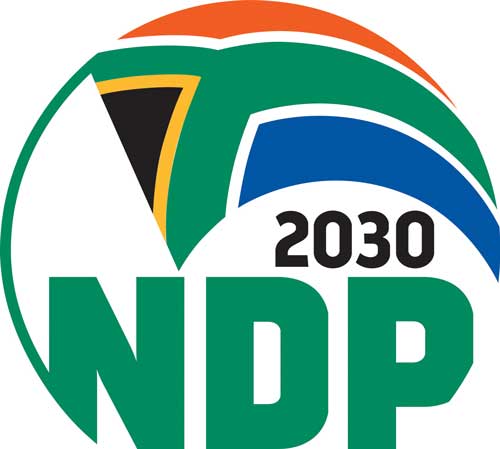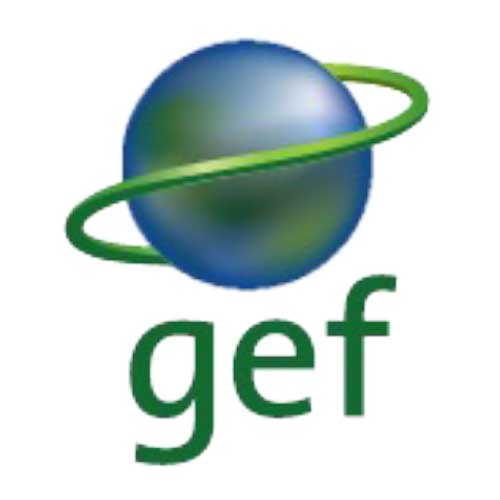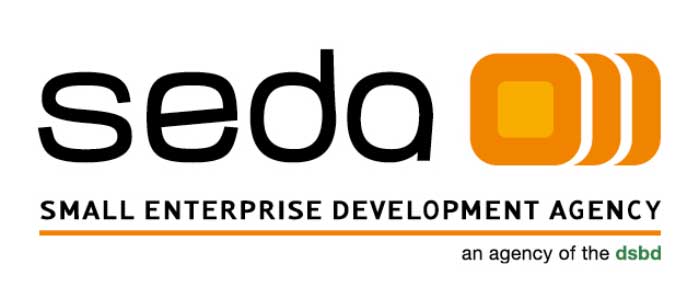Investors
The Biodiversity Sector is financed and transformed by a range of Investors whose investments support key goals to:
- Protect and conserve nature to ensure the benefits of sustainably using our natural resources for future generations
- Stimulate and contribute to Biodiversity Economy activities and businesses to thrive
- Obtain returns on investment in the Biodiversity Sector that are both economic and social whilst protecting the environment
Investors may be differentiated by areas of focus, investment amounts, thresholds, financial products etc. and are represented on a global scale. The definition of biodiversity finance by the UN Development Programme Biodiversity Finance Initiative (UNDP BIOFIN) is ‘the practice of raising and managing capital and using financial and economic mechanisms to support sustainable biodiversity management. It is about leveraging and effectively managing economic incentives, policies, and capital to achieve the long-term well-being of nature and our society.’
Traditional Lenders
invest to maximise financial returns. Financial returns are often prioritised over Environment Social and Governance factors and impacts. Commercial banks are examples of traditional lenders.
Venture Capital (VC)
is a formal investment approach for young businesses that involve professional investors – Venture Capitalists – often working through a team or a VC firm that makes strategic investments in startup companies.
Private Equity (PE)
is a form of financing where money, or capital, is invested into a company. Typically, Private Equity investments are made into mature businesses in traditional industries in exchange for equity, or ownership stake.
Impact Investment
is investments made into companies, organisations, and funds to generate positive Environment and Social impact alongside a financial return. Impact investments can be made in both emerging and developed markets, and target a range of returns from below market to market rate, depending on investors’ strategic goals.
Private and Corporate Philanthropy
is primarily financial transfers from private and corporate donors to beneficiaries to contribute to sustainable development including conservation. In addition to grants and concessional finance (below market rate or enhanced conditions), this would include corporate volunteerism and technical support.
Conservation Funds
Conservation finance is the practice of raising and managing capital to support land, water, and resource conservation.
Development Finance Institutions (DFI)
Specialised development banks or finance companies that are there to support private sector development. They are often majority-owned by the national government and source their capital from national or international development funds and government funding. An example is the Development Bank of Southern Africa.
Global Financial
mechanisms exist to assist developing countries in adaptation and mitigation practices in support of development, environmental protection and countering climate change through adaptation and mitigation. Examples are The Global Environment Facility (GEF) and the Green Climate Fund.
Country-level Development Finance Institutions
provide financial support and services in areas of international development. Examples of country-level development funds are Deutsche Gesellschaft für Internationale Zusammenarbeit GIZ and Agence Française de Développement (AFD).
Government Support
In some instances, beneficiaries may be eligible to receive grant finance from governments. There are specific requirements for eligibility and requires application processes to be adhered to.
Debt instruments
are assets that require a fixed payment to the holder, usually with interest. Examples of debt instruments include bonds (government or corporate) and mortgages. The equity market (often referred to as the stock market) is the market for trading equity instruments.
Concessional Loan
These are loans that are extended on terms substantially more generous than market loans. The concessionality is achieved either through interest rates below those available on the market or by grace periods, or a combination of these. Concessional loans typically have long grace periods.
Grant money...
is a financial award provided by an entity, often a public or multilateral entity for a specific purpose linked to the public good. These grant monies do not have to be paid back.
Blended finance
Blended finance combines the power of development finance and private capital to reduce risks and increase private sector investment opportunities in sustainable development.
Payment for Ecosystem Services (PES)
is an innovative approach to nature conservation and is the name given to a variety of arrangements through which the beneficiaries of environmental services, from watershed protection and forest conservation to carbon sequestration and landscape beauty, reward those whose lands provide these services with subsidies or market payments.
Debt for Nature Swaps
is a financial mechanism that allows for a portion of a developing country’s foreign debt to be forgiven or exchanged towards investment commitments in biodiversity conservation and environmental policy or protection measures.
Biodiversity Offsets
can be regarded as additional conservation activities intended to compensate for the otherwise inevitable damage to species or ecosystems resulting from a development project. Biodiversity offsets compensate for residual negative impacts of a development project after the mitigation hierarchy has been fully applied. Offsets are achieved by restoring or averting damage not caused by the project. In other words, an offset, in the form of a restoration activity or protection of biodiversity activity may take place in an area not linked to a development project in order to offset the damage caused by the project itself. Offsets may be bought ‘off the shelf’ from a conservation bank, or (more usually) individually designed and implemented, often in partnership with NGOs or governments.
REDD/REDD+ (Reducing Emissions from Deforestation and Forest Degradation)...
seeks to reverse trends of increasing rates of deforestation and greenhouse gas emissions. It is a framework through which developing countries, having identified current and/or projected rates of deforestation and forest degradation, are rewarded financially for emission reductions associated with a decrease in the conversion of forest to alternate land uses. In 2010, reDD became reDD-plus (REDD+) to reflect new components, including i) reducing emissions from deforestation; ii) reducing emissions from forest degradation; iii) conservation of forest carbon stocks; iv) sustainable management of forests; v) enhancement of forest carbon stocks.
Green Taxes...
are taxes paid by consumers on products or services that are not environmentally friendly with the intention of offsetting their negative impact. Channelling tax revenue toward conservation means reforming existing fiscal instruments or designing new ones. In both cases defining the intended use of revenue is important – either augmenting a general budget or supporting specific biodiversity-related activities.
This Biodiversity Sector Investment Portal showcases a wide range of investors with diverse investment capabilities via various financial instruments and financing mechanisms. Profiled below are active Investors in the Biodiversity Sector. This is where opportunity meets investment.
Start the connection to
Conserve, Transform and Grow the
Biodiversity Economy
Traditional Lenders
Yet to be profiled.
Venture Capital (VC)
Yet to be profiled.
Private Equity (PE)
Yet to be profiled.
Impact Investment
Conservation International
Conservation South Africa is committed to helping society to adopt a more sustainable approach to development, one that considers and values nature at every turn.
Private and Corporate Philanthropy
Yet to be profiled.
Conservation Funds
Green Outcomes Fund
The aim of the GOF is to incentivise local fund managers to use new approaches and financing models to target high potential and fast-growing SMMEs operating in South Africa’s green economy.
Global Environment Facility (GEF)
The Global Environment Facility was established on the eve of the Rio Earth Summit.
Development Finance Institutions (DFI)
Development Bank of Southern Africa (DBSA)
One of the leading Development Finance Institutions in Africa
Global Financial
Yet to be profiled.
Country-level Development Finance Institutions
Swiss Development Fund
The Swiss regional programme in Southern Africa contributes to the reduction of poverty and vulnerability.
Department for International Development (DFID)
DFID’s relationship with South Africa has now transitioned to a development partnership model built around mutually agreed priorities.
Agence Française de Développement (AFD)
The Agence Française de Développement (AFD) funds, supports and accelerates the transitions to a fairer and more sustainable world.














